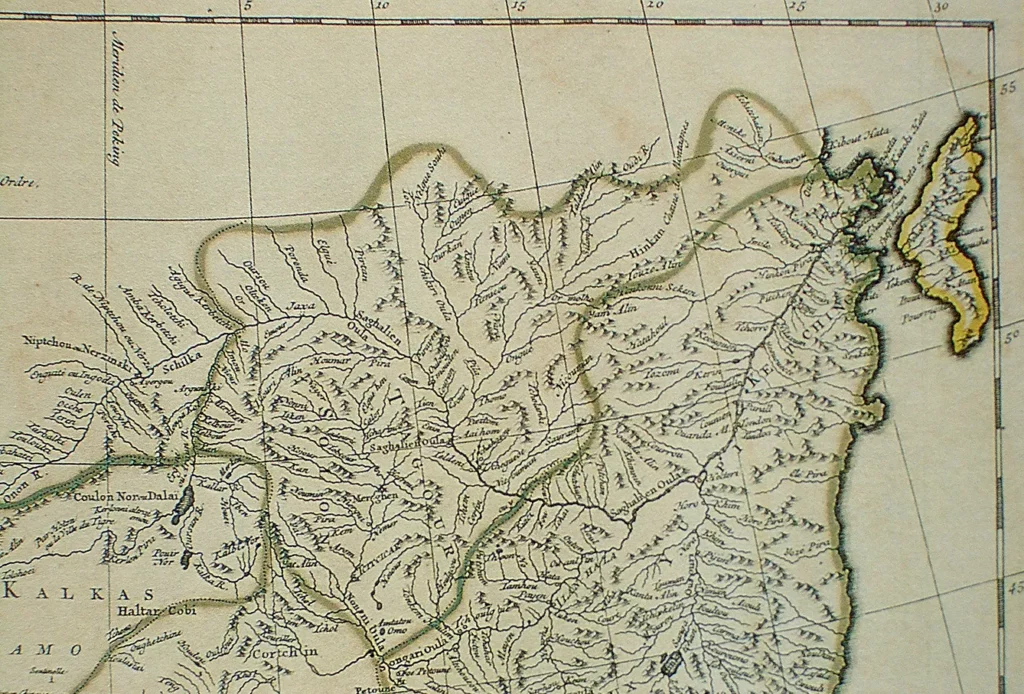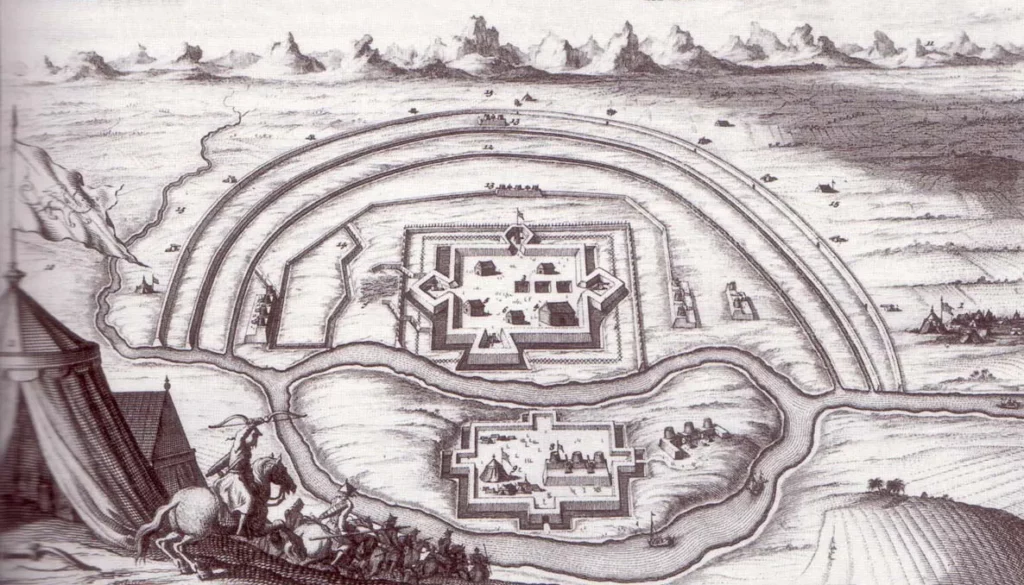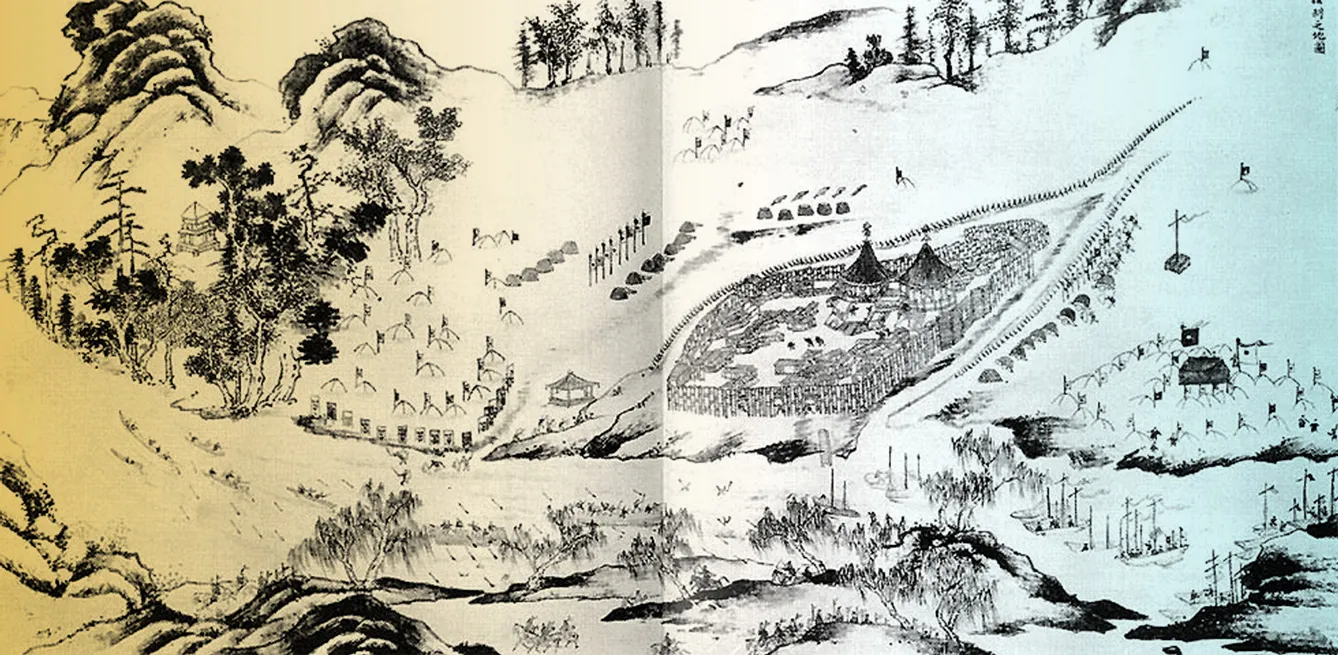That was basically the founding legend behind one of the smallest yet most ferocious independent city-states in the more contemporary history of the world. Jaxa, as it was known, was established by a Polish nobleman who had to run from the tsar. Run for his life, to be more precise. And what was the crime that caused him to live with a black mark? Nicefor Czernichowski was a cunning leader – a fox in all the positive meaning of the metaphor.
From a noble to an outlaw
Czernichowski was born to a noble family who got sent to Vologda in Russia. This happened sometime between 1632 and 1634, during a Polish-Russian war. Despite Poland emerging victorious from this conflict, Czernichowski and his family decided to stay in Russia and did not return home after the peace treaty was signed.
However, it wasn’t that they had had a change of heart. Rather, it was the first sign of Czernichowski’s brilliance. Why come back empty-handed when you could hang on a little longer, convert to the Orthodox faith, and get paid? As soon as Czernichowski received the money and the soldier’s wage, together with some companions, he attempted an escape to Poland but got captured and sent to Siberia with his wife.
As possibilities of escape drastically diminished, especially with a growing family, Czernichowski decided to assimilate instead and tried to regain his title, which had been taken away after his rather feeble proclamations of devotion to the Russian tsar. He was doing quite well and was entrusted with some administrative functions until…

Grievous mistake
In 1664, Nicefor Czernichowski saw his entire world far apart when a Russian governor, Wawrzyniec Obuchov, raped his daughter (some sources say – his wife) and arrested the other daughter’s husband. That was the final straw. Czernichowski, without thinking much about his own fate, decided to avenge his family.
He killed Obuchov, subjecting himself to an immediate death sentence. But Czernichowski was nowhere near ready to die. Instead, together with 84 companions, he fled towards the Russian-Chinese border on the river Amur. There, after fighting with hostile locals, he found shelter in the old Cossack fort of Albazino. And that’s where the story of Jaxa begins.
Successful leadership
Czernichowski knew that, ultimately, without the support of the local dwellers, he would not be able to fend off Russian and Chinese attacks. Thankfully, his natural sense of leadership allowed him to soon crush their fears, and more people began to settle around the fort. They did so, as in Czernichowski, they saw an alternative and liberation from the Russian terror they had been subjected to.
To show their allegiance, many started freely paying the Polish nobleman duties in silver and sable fur. Such trust deserved to be properly addressed. Czernichowski, probably with the help of a monk named Hermogenes, who came to live with the Jaxa settlers and recorded their story, formulated a book of Jaxa Laws. There also was a treasury and a standard held at the main fortress.
Very soon, Czernichowski started diplomatic relations with China. And, believe it or not, they, in all seriousness, treated him with respect. There are surviving examples of correspondence sent to Czernichowski from the Chinese court that is written.. in Polish! The letters were addressed to “the wise chan” – so Czernichowski, in case you may have any doubts.
Serving two masters to win
Until 1669, Czernichowski and his men managed to repel a number of Russian attacks. However, the wise leader knew this could not last. Therefore, in 1669 he decided to pay, at will, a tax to the Russian tsar. Wise as this move was, his Chinese friends were not impressed and decided to teach him a lesson by invading Jaxa in 1670. And guess what – they lost! Yup, even the Russian tsar was impressed.
And because Czernichowski was relentless and did not even consider backing down, his attitude ultimately won over the angry Russian ruler. In 1672 a compromise was reached – Nicefor was officially sentenced to death, only to be pardoned two days later. He regained his importance and stability lost in a noble cause of protecting his family’s honor. Eventually, Jaxa was incorporated into the Russian Empire in 1674. Czernichowski realized that it was not sustainable to insist on remaining independent when caught between a rock and a hard place.

Glory that lasted
The sources are not consistent with regard to the later fate of the bold Polish noble. Some say he died in 1675 during a victorious campaign Russia led against China. Others indicate he received his noble title and complete retribution in 1680. For all its worth, Jaxa’s story, albeit short, survived. Jaxa is recorded in Chinese sources, with the last letter written to the city-state in Polish in 1685. Chinese respect for Czernichowski was long-lasting. They did not touch his fort until his death, after which they invaded Jaxa and destroyed the city.
Even then, the Jaxa Fort was soon reconstructed and provided shelter for hundreds of inhabitants. They must have done so with the founding father’s blessing as later, its 800 men (if you ask us – probably led by Czernichowski’s spirit) managed to stop an attack of a 10,000-strong Chinese army. As you can see, the warning from the introduction to this article stands – better not anger a Pole…







